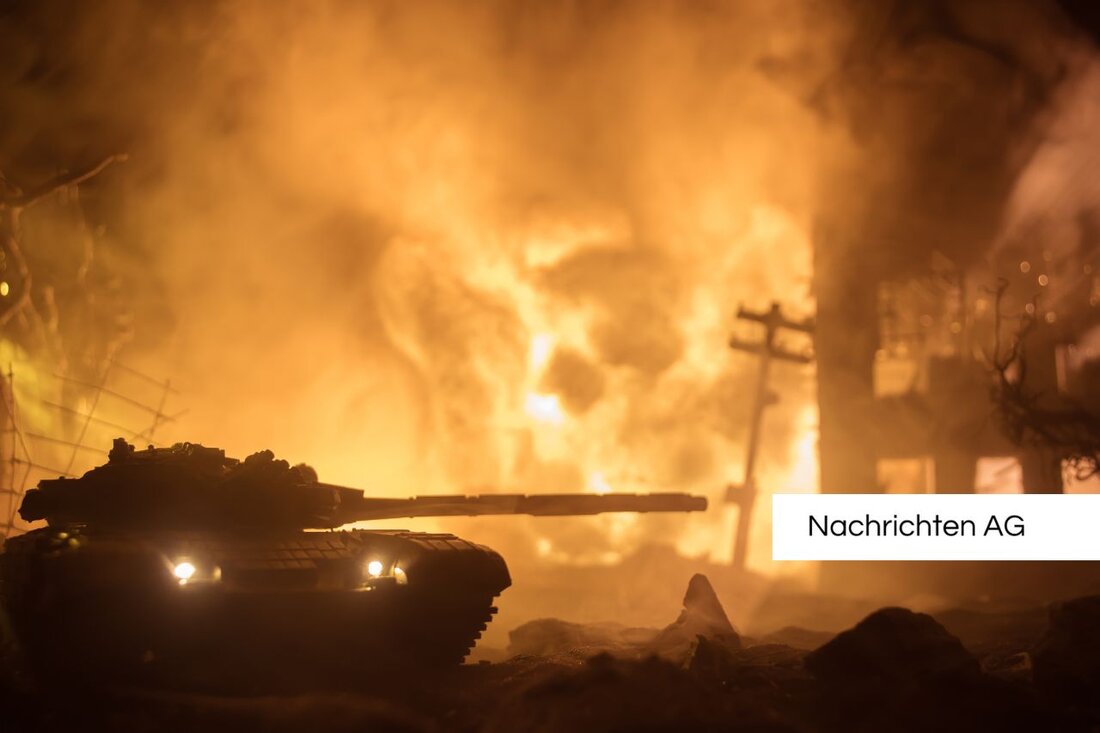Uno raises the alarm: Israel's attack on Iran threatens new war!
The UN Secretary General calls for reluctance to Iran's attack. Global conflict threatens while negotiations are continued.

Uno raises the alarm: Israel's attack on Iran threatens new war!
The tensions in the Middle East are increasing again, especially after Israel's most recent attack on Iran, triggers concern at the international level. The UN Secretary General has asked both sides to the extreme restraint in order to avoid a possible escalation. This is done in a context in which both Saudi Arabia and Oman sharply condemn the Israeli attack, with Saudi Arabia describing the incident as a violation of Iran's sovereignty and security, and subsequently denounces the fracture of international law. Oman, as an intermediary in the nuclear negotiations between the United States and Iran, also described the attack as an undermining of regional security and stability. A sixth round of talks about the Iranian nuclear program in Oman, which, according to a US representative, should continue to take place on Sunday.
US Foreign Minister Marco Rubio was concerned about developments in Iran and warned of the possible consequences of a military conflict. He outlined that every military campaign against Iran could not only trigger a locally limited conflict, but also a complex war. Rubio pointed out that Iran has invested considerable sums in the expansion of its military in recent years, which makes the situation much more complicated than in the past. Despite the military superiority of the United States, he emphasized the hope of a peaceful solution and noted that President Trump wanted to work to prevent the Iranian nuclear weapons program. At the same time, he admitted that the negotiations would be a long and difficult way.
effects on the region
The current situation is further influenced by the continuing conflicts in the Gaza Strip and the aggressive military policy of Israel. On October 7, 2023, Hamas committed atrocities that were perceived as a pogrom by the Israeli population. These events stem on the collective trauma of Jewish persecution during the Holocaust and led to a massive Israeli military campaign with the aim of neutralizing Hamas and their military capacities. As a result, around 36,000 deaths and over 80,000 wounded were on the Palestinian side, many of them civilians. The humanitarian situation in the region is catastrophic, and about 1.7 million people in the Gaza Strip have become inland refugees.
The escalation of violence has also worked beyond the limits of the Gaza Strip. The so -called "axis of resistance", led by Iran, supports coordinated attacks on Israel, which led to a direct military conflict between Israel and Iran in April 2024. The developments illustrate the interwoven historical and territorial demands in the Middle East conflict, which has its roots traced back to the late 19th century. The Oslo process for conflict resolution has failed, and serious negotiations on peace have not taken place for years.
Overall, the current situation shows that the Middle East conflict is not only a local phenomenon, but also has global effects. The states involved, including the United States and the EU, are required to improve the humanitarian situation and to counter a further escalation.
The complexity of the situation requires diplomatic skill and the willingness of all parties to get involved in a dialogue before further losses occur. Kleine Zeitung reports that an escalation could have in-depth effects on the entire region. The hope of peace also remains in view of the difficult framework conditions for everyone involved.
Further information on the nuclear negotiations and the roles of the participating states can be found in an article by Tagesspiegel href = "https://www.bpb.de/themen/kiege-konflikte/dossier-ware-konflicte/54655/Nahost/"> Federal Center for Political Education , which offers a comprehensive overview of the historical background and the current state of conflicts.

 Suche
Suche
